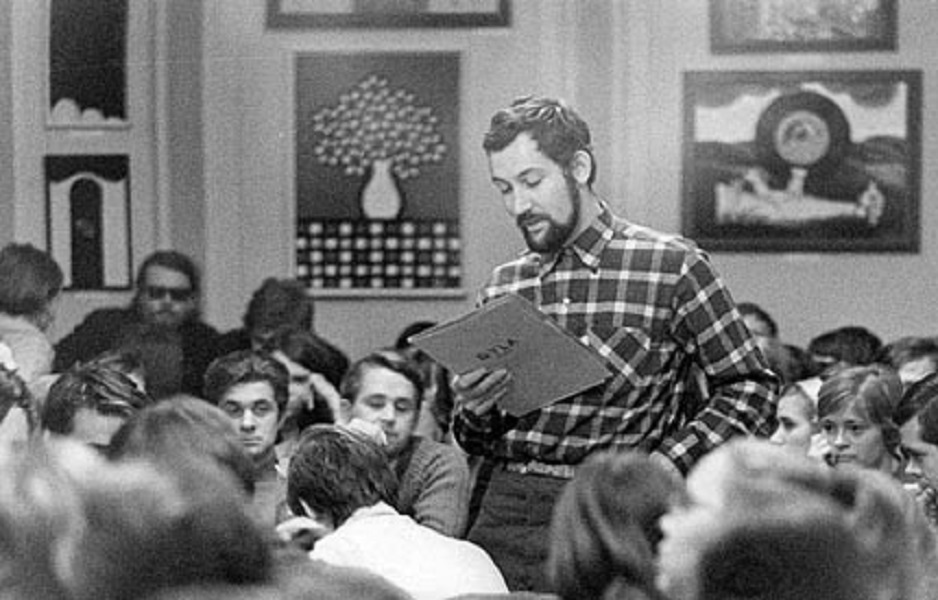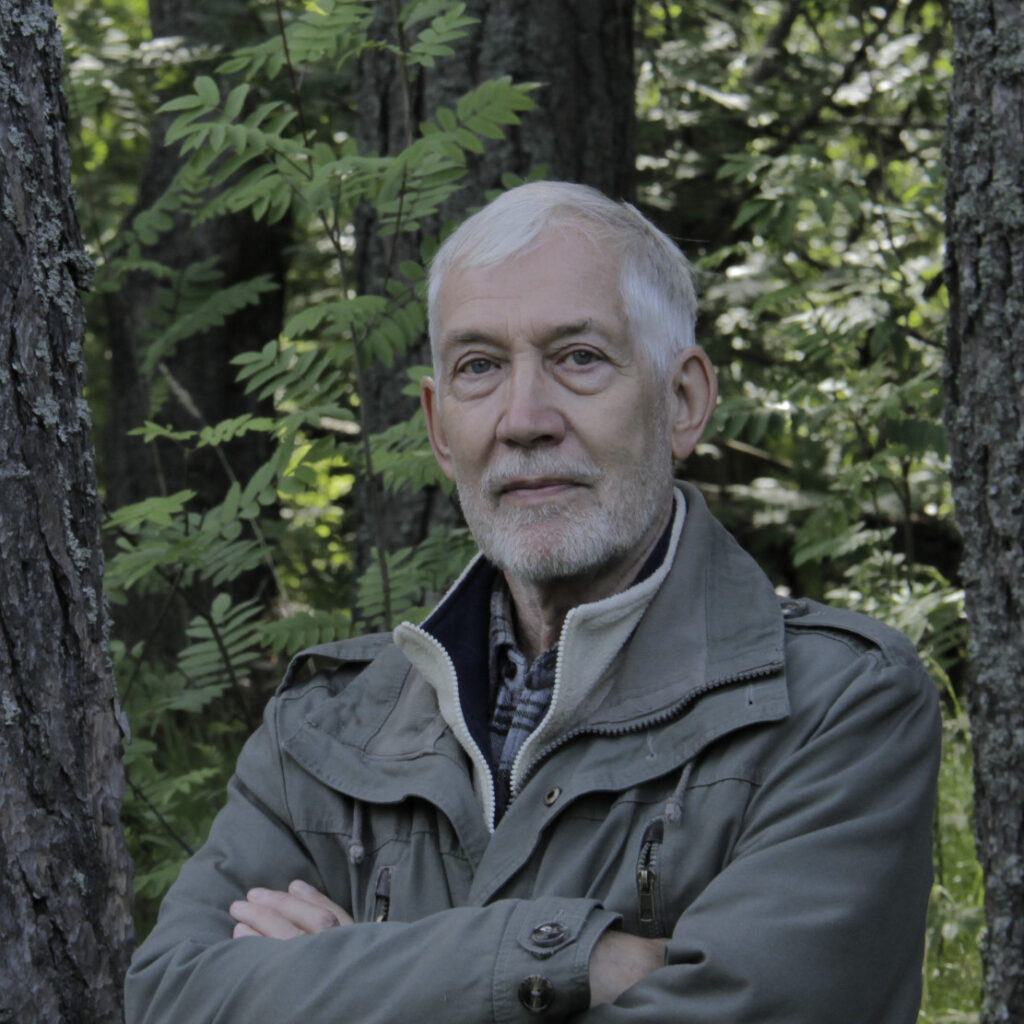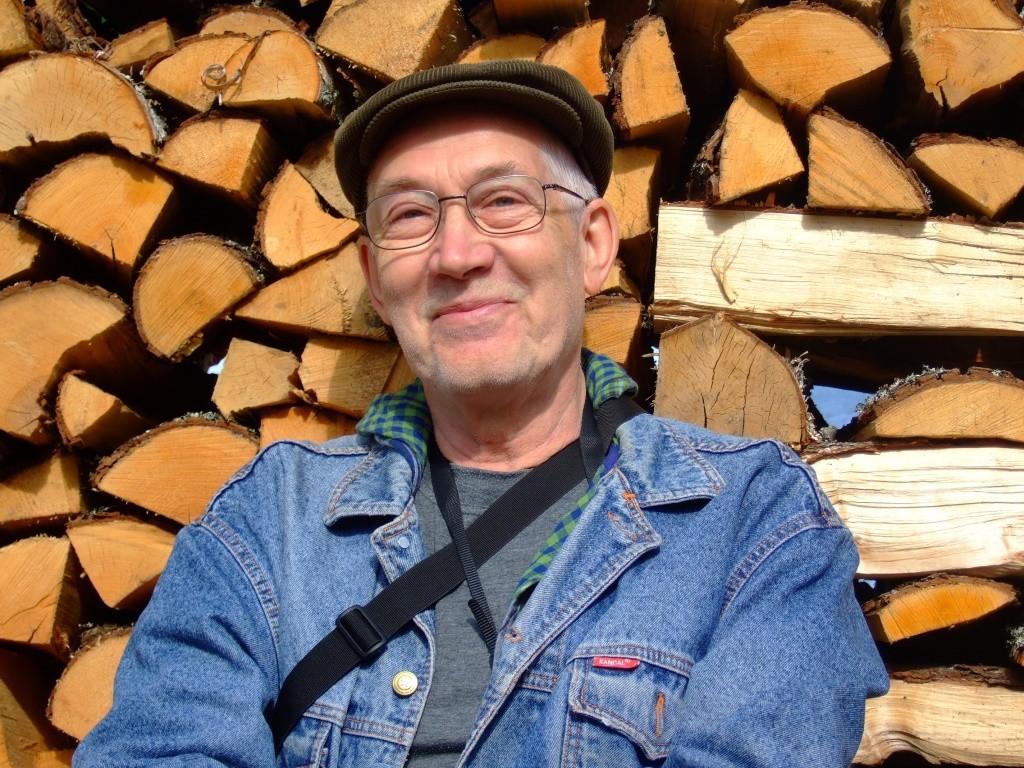The renowned Estonian poet, philosopher and culture critic, Jaan Kaplinski, celebrates his 80th birthday on 22 January.
Kaplinski, who in 2016 was named the Laureate of the European Literature Prize (Prix Européen de Littérature) and in the same year, was nominated for the Nobel Prize in Literature, has been a major figure in the Estonian cultural scene and society for the past 50 years.
He has published numerous collections of poems, prose and essays (his essays deal with environmental problems, philosophy of language, classical Chinese poems, philosophy, buddhism and Estonian nationalism) since 1965. Kaplinski’s work has been translated into many languages, including English, Finnish, French, Norwegian, Swedish, Dutch, Icelandic, Hungarian, Japanese, Latvian, Lithuanian, Russian, Hebrew, Bulgarian and Czech.
Some of Kaplinski’s poems are originally written in English and Finnish, but in the last decade, he also started to write in Russian. His first original collection of poems written in Russian, “Белые бабочки ночи” (White Butterflies of Night), was published in 2014. The collection subsequently received a “Russian Award” in Moscow by the contest that celebrates the best works written in Russian by foreign authors.
A European humanist
Kaplinski’s poetry has been described as written by a European humanist who has grown very aware of Eastern cultures. As a poetic rebel, he has said his poetry was “part of an expression of a love for the world”, a long poetic list of people and things he appreciates. “This declaration certainly also has its therapeutic function, aimed at nature and individuals, culture and society at one and the same time, seeing nature as one whole and trying to return to the pristine purity of paradise,” the Estonian Literature Centre said, describing his work.

Long interested in Celtic mythology and languages, Native Americans and classical Chinese philosophy and poetry, one important matter is the allusion in his poetry to Buddhism. Kaplinski, who is otherwise critical of religion as a whole, has remained involved with the religions of the East to this day, introducing the oriental way into Estonian poetry.
As a poet, Kaplinski has avoided routine and has tried to connect to the basic flow of poetry by constant change, the Estonian Literature Centre said. He has written songlike poetry with rhythm and rhyme, poems that are sparsely worded and also towers of syllables, plus prophetic long poems. He has poeticised the simple things in everyday life by writing poetry in colloquial language, devoid of metaphorical reference, and has compared that with a shaman journey.
Philosophical dialogues
Kaplinski’s prose works are written in a neutral, almost characterless style, reminiscent of Ancient Chinese parables or philosophical dialogues. To achieve this distance from the reader, he often uses diaries, confessions, appendices and notebooks as the form into which he casts his thoughts, the Estonian Literature Centre said. The answers to fundamental questions are sought in genetics, theology, mathematics, religion, semiotics and mathematics, yet all that is arrived at is paradox.
Although the works contain an element of dream-worlds, they do not belong to the usual type of science-fiction but are more reminiscent of the works of Borges or Hesse – the challenging of the gods in An Eye reminds one of the magic theatre in Steppenwolf, a magical train of thought where people are merely biological waves in the brains of a god. Here, Kaplinski appears to be influenced by the American philosopher, Alan Watts, who claims the world to be the dream of a mad god. He opposes the revolution of the West to the evolution of the East and posits Western technological development as the reason for global problems.

In 2007, Kaplinski published his novel “Seesama jõgi” (“The Same River”) – it took twelve years to complete it – which is semi-autobiographical, mystical, intellectually deep story of a summer in the middle of the nineteen-sixties. The novel is also available in English.
Active in the society
In Estonia, Kaplinski is also known as one of the authors and initiators of the “Letter of 40 intellectuals” – a public letter signed by well-known Estonian intellectuals in 1980, protesting against the behaviour of the Soviet authorities in the then occupied Estonia. Kaplinski’s own family was also affected by the occupation – his Polish Jewish father, Jerzy Kaplinski, a professor of philology at Tartu University, was arrested by Soviet troops and perished of starvation in a Soviet labour camp in 1945.
Over the past 30 years, Kaplinski has been known for his independent mind and outspoken views, focus on global issues and support for left-wing thinking. From 1992 to 1995, he was a member of the Estonian parliament, Riigikogu. To this day, Kaplinski writes opinion articles in the Estonian media and updates his personal blog with thoughts on the country’s society.
Kaplinski has also lectured and given talks in Vancouver and Calgary, Ljubljana and Trieste, Taipei and Stockholm, Bologna and Cologne, London and Edinburgh. He has also been writer-in-residence at the University of Aberystwyth in Wales.
Cover: Jaan Kaplinski. Photo by Raivo Tasso.

